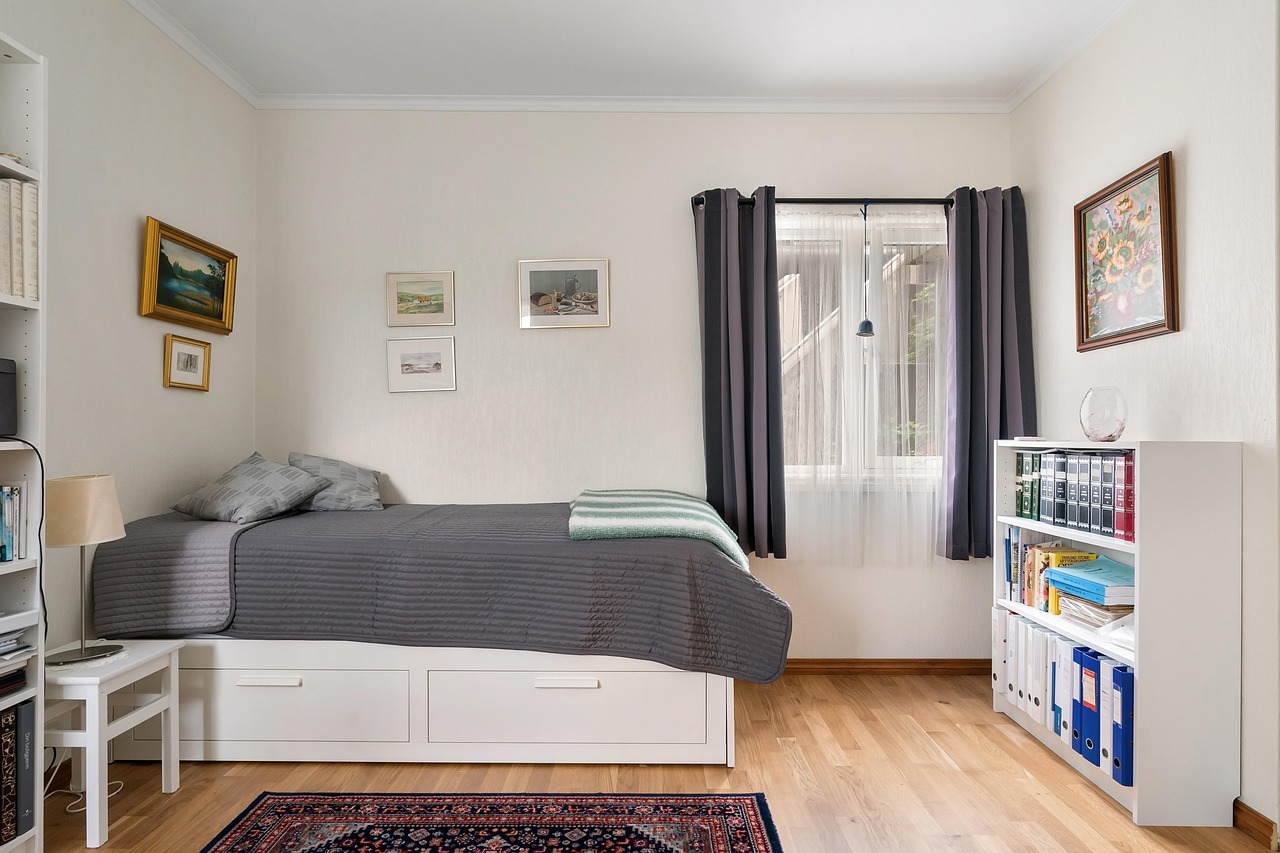The Pros and Cons of Investing in Short-Term Rentals in Nigeria
The Nigerian real estate market has been evolving rapidly, with more investors exploring various strategies to maximize their returns. One increasingly popular investment approach is short-term rentals, often facilitated through platforms like Airbnb, Booking.com, and other local rental services.
Short-term rentals provide property owners with the opportunity to earn significant returns by catering to business travelers, tourists, and even locals looking for temporary accommodations. However, like any investment, there are both advantages and disadvantages to consider before venturing into this business. This article explores the pros and cons of investing in short-term rentals in Nigeria, helping potential investors make informed decisions.
Pros of Investing in Short-Term Rentals in Nigeria
1. Higher Rental Income Potential
One of the most attractive aspects of short-term rentals is their potential to generate higher rental income compared to traditional long-term leases. Since short-term rental rates are typically charged on a per-night basis, the cumulative earnings over time often surpass what a long-term tenant would pay.
For instance, a property that might generate ₦800,000 per year under a long-term lease could potentially bring in ₦2,000,000 or more annually if operated as a short-term rental, depending on occupancy rates and demand.
2. Flexibility in Property Use
Short-term rentals provide property owners with greater flexibility compared to traditional leases. Unlike long-term rentals where a tenant occupies the property for an extended period, short-term rentals allow owners to reclaim their property for personal use whenever necessary.
This is particularly beneficial for investors who want to use their properties occasionally while still generating income from them. Additionally, owners can adjust rental prices dynamically based on demand, increasing rates during peak seasons and reducing them when demand is low.
3. Lower Risk of Tenant Issues
Long-term rentals come with risks such as rent defaults, difficulty in evicting problematic tenants, and long legal disputes. In contrast, short-term rentals typically involve guests who stay for only a few days or weeks, minimizing the likelihood of prolonged disputes.
Moreover, platforms like Airbnb offer host protection policies and security deposit options, which can help mitigate the risk of property damage and ensure timely payments.
4. Growing Tourism and Business Travel Market
Nigeria’s major cities, particularly Lagos, Abuja, and Port Harcourt, have thriving business and tourism activities that attract short-term rental guests. Business travelers, expatriates, and vacationers often prefer short-term rentals over hotels due to their affordability, comfort, and homely atmosphere.
With the rise of remote work and digital nomad lifestyles, more people are seeking temporary accommodations in different locations, further boosting the demand for short-term rentals.
5. Multiple Platforms to Market Your Property
Short-term rental investors have access to numerous online platforms that make it easy to list and market their properties. International platforms like Airbnb and Booking.com, as well as local property rental sites, provide visibility to a broad audience.
Additionally, leveraging social media and digital marketing strategies can further increase occupancy rates, ensuring a steady stream of bookings and income.
Cons of Investing in Short-Term Rentals in Nigeria
1. Regulatory and Legal Challenges
One of the biggest risks of short-term rental investments in Nigeria is the evolving regulatory landscape. Some states or local governments may impose restrictions on short-term rentals, requiring specific permits or licenses.
For example, homeowners’ associations in certain estates may prohibit short-term rentals due to security concerns. Additionally, future government policies could introduce taxes or restrictions that affect profitability.
2. Higher Maintenance and Operational Costs
Unlike long-term rentals, where tenants are responsible for their upkeep, short-term rentals require frequent maintenance. Since new guests check in regularly, property owners must ensure that the space is always clean, well-furnished, and in excellent condition.
Expenses such as housekeeping, utilities, restocking essentials, and wear-and-tear repairs can add up, reducing overall profit margins. Moreover, hiring a property manager to handle guest check-ins, complaints, and cleaning services can increase operational costs.
3. Seasonal Fluctuations and Occupancy Risks
The income potential of short-term rentals is not always stable. Demand fluctuates depending on seasons, local events, and economic conditions. While some months may see full occupancy, others may experience significant downturns, leading to financial instability.
For example, during off-peak travel periods or economic downturns, fewer tourists and business travelers may book short-term rentals, reducing income. Property owners must plan accordingly to sustain profitability during these slow periods.
4. Security and Guest Management Issues
With frequent guest turnover, short-term rental properties are exposed to security and safety concerns. Some guests may cause property damage, steal items, or violate house rules.
Additionally, in some locations, security concerns related to theft and crime may make it difficult to attract guests. Property owners must invest in proper security measures, such as CCTV surveillance, smart locks, and screening procedures, to minimize risks.
5. Competition and Market Saturation
As more investors enter the short-term rental market, competition increases, potentially driving down nightly rates and reducing profitability.
To stay competitive, property owners need to differentiate their offerings through better amenities, exceptional customer service, and effective marketing strategies. Investing in property upgrades, professional photography, and positive guest reviews can help attract more bookings.
Conclusion
Investing in short-term rentals in Nigeria presents a lucrative opportunity for property owners seeking higher rental income, flexibility, and access to a growing tourism and business travel market. However, it also comes with challenges, including regulatory hurdles, higher maintenance costs, and occupancy risks.
Before diving into the short-term rental business, investors should conduct thorough research, understand local regulations, and develop strategies to mitigate risks. By carefully weighing the pros and cons, investors can make informed decisions that align with their financial goals and risk tolerance.
Ultimately, while short-term rentals can be profitable, success in this sector requires effective management, marketing, and adaptability to market trends.

